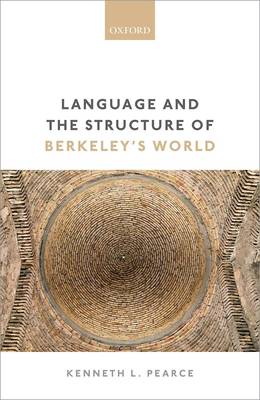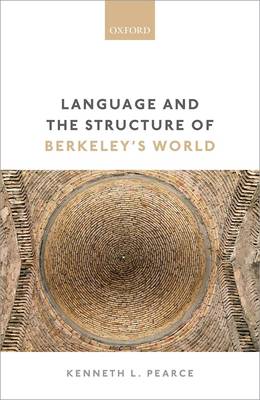
Bedankt voor het vertrouwen het afgelopen jaar! Om jou te bedanken bieden we GRATIS verzending (in België) aan op alles gedurende de hele maand januari.
- Afhalen na 1 uur in een winkel met voorraad
- In januari gratis thuislevering in België
- Ruim aanbod met 7 miljoen producten
Bedankt voor het vertrouwen het afgelopen jaar! Om jou te bedanken bieden we GRATIS verzending (in België) aan op alles gedurende de hele maand januari.
- Afhalen na 1 uur in een winkel met voorraad
- In januari gratis thuislevering in België
- Ruim aanbod met 7 miljoen producten
Zoeken
Language and the Structure of Berkeley's World
Kenneth L. (Trinity College, Dublin) Pearce
Hardcover
€ 113,95
+ 227 punten
Omschrijving
George Berkeley (1685-1753) was an Anglo-Irish bishop, considered among the great philosophers of early modern Europe. Pearce develops a new interpretation of Berkeley's philosophy which emphasizes the importance of Berkeley's revolutionary theory of language and shows that Berkeley has greater relevance to current philosophy than has been thought.
Specificaties
Betrokkenen
- Auteur(s):
- Uitgeverij:
Inhoud
- Aantal bladzijden:
- 232
Eigenschappen
- Productcode (EAN):
- 9780198790334
- Verschijningsdatum:
- 23/03/2017
- Uitvoering:
- Hardcover
- Afmetingen:
- 160 mm x 241 mm
- Gewicht:
- 494 g

Alleen bij Standaard Boekhandel
+ 227 punten op je klantenkaart van Standaard Boekhandel
Beoordelingen
We publiceren alleen reviews die voldoen aan de voorwaarden voor reviews. Bekijk onze voorwaarden voor reviews.









